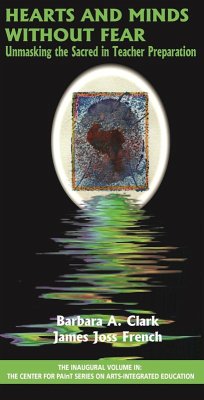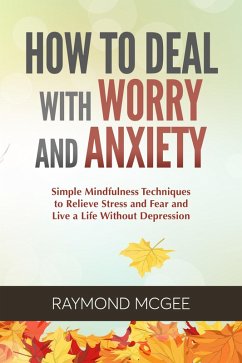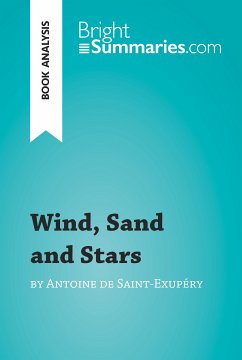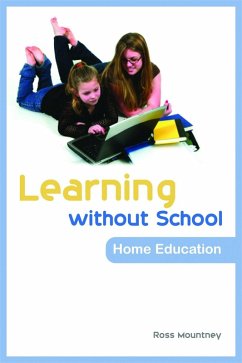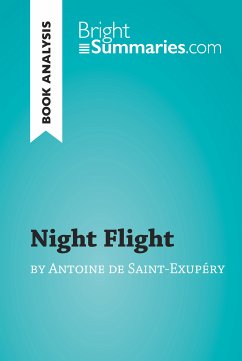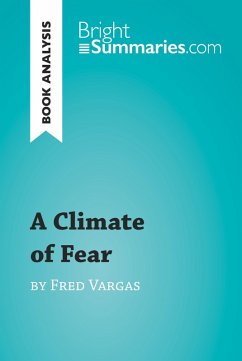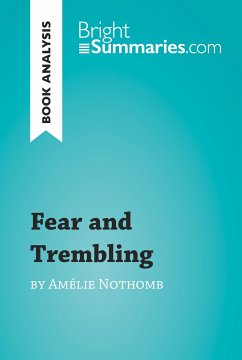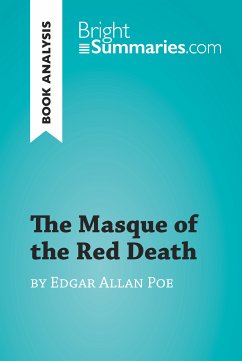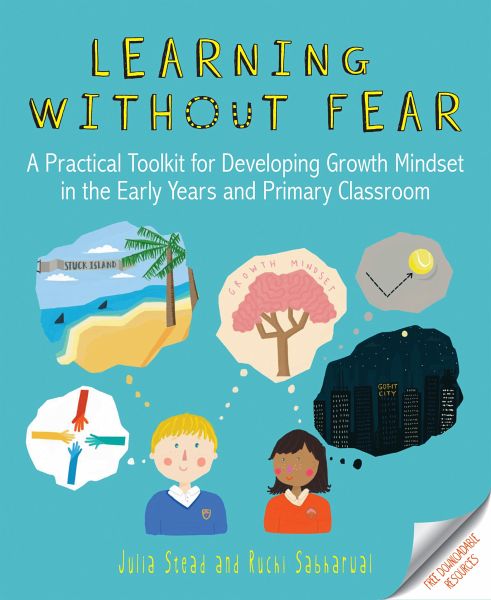
Learning without Fear (eBook, ePUB)
A practical toolkit for developing growth mindset in the early years and primary classroom

PAYBACK Punkte
0 °P sammeln!
In Learning without Fear: A practical toolkit for developing growth mindset in the early years and primary classroom, Julia Stead and Ruchi Sabharwal provide teachers of this age group with a colourful collection of strategies and resources designed to nurture young learners' resilience and learning capabilities. Having a growth mindset can really empower young learners to take risks to extend and deepen their learning. There is, however, more to it than simply adding 'yet' to 'I can't do this'. In Learning without Fear Julia and Ruchi tackle this misconception head-on, combining bite-sized th...
In Learning without Fear: A practical toolkit for developing growth mindset in the early years and primary classroom, Julia Stead and Ruchi Sabharwal provide teachers of this age group with a colourful collection of strategies and resources designed to nurture young learners' resilience and learning capabilities. Having a growth mindset can really empower young learners to take risks to extend and deepen their learning. There is, however, more to it than simply adding 'yet' to 'I can't do this'. In Learning without Fear Julia and Ruchi tackle this misconception head-on, combining bite-sized theory with the practical tools and techniques that will enable teachers to map out their pupils' growth mindset journey from the early years up to their departure for the challenges of secondary school. Together they share tried-and-tested lesson ideas, questionnaires and examples of outstanding practice taken from their own very successful classrooms all colourfully packaged into a complete toolkit that illustrates both the 'why' and the 'how' of successfully embedding growth mindset in early years and primary settings. The book begins with a discussion of the benefits of instilling the traits and attitudes of a growth mindset early on in a learner's life, and presents a selection of mini stories that serve as simple springboards into exploring the mindset of young learners. The full-colour illustrations that accompany the stories are also available as free downloads for teachers' own use in the classroom. To help educators boost their pupils' engagement and empower them to visualise a route to success, Julia and Ruchi advocate employing the analogy of a learning journey from Stuck Island to Got-It City. This involves navigating Challenge Ocean, and the authors make this voyage more achievable by providing a survival kit of learning techniques designed to encourage pupils to take ownership in the face of struggle and to use metacognitive devices when tackling tricky tasks. The book's comprehensive series of 39 lesson ideas one for every week of the school year are tagged with symbols to help teachers seek out activities suitable for their desired lesson focus, pupil groupings, time allocation and age range, and there is also a chapter dedicated to the ways in which the children's progress can be assessed. Suitable for both newly qualified and experienced teachers of learners aged 3 to 11. Learning without Fear was highly commended in the professional books category of the Nursery World Awards 2020.
Dieser Download kann aus rechtlichen Gründen nur mit Rechnungsadresse in A, B, BG, CY, CZ, D, DK, EW, E, FIN, F, GR, H, IRL, I, LT, L, LR, M, NL, PL, P, R, S, SLO, SK ausgeliefert werden.




